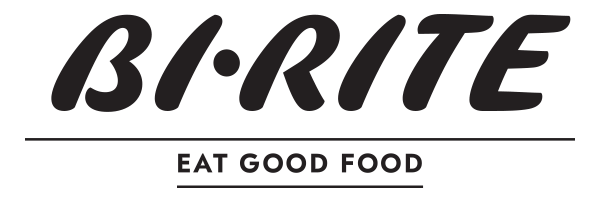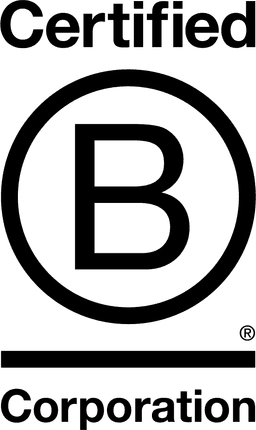

Bi-Rite Market

1.6
California, United States
August 2015
Food products
Manufacturing
United States
The Bi-Rite Family of Businesses builds trust and inspires change by putting good food at the heart of everything we do. Since 1940, Bi-Rite has been cultivating relationships with producers, farmers, and our neighbors in an effort to build and sustain a vibrant community. We're passionate about the craft and heritage of food. The Bi-Rite Family of Businesses includes two San Francisco-based neighborhood Bi-Rite Markets, the world-renowned Bi-Rite Creamery, Bi-Rite Catering, Bi-Rite Farms, and 18 Reasons, a nonprofit community and education partner. Bi-Rite Market, San Francisco’s iconic neighborhood grocery store, has been in business on 18th Street in San Francisco’s historic Mission District neighborhood since 1940. Though the store’s original façade has changed little in 75 years, the Market’s progressive, responsible, and sustainable business practices have been on an upward trajectory, culminating in certification as a B Corporation in September 2015.
Overall B Impact Score
Governance 15.0
Governance evaluates a company's overall mission, engagement around its social/environmental impact, ethics, and transparency. This section also evaluates the ability of a company to protect their mission and formally consider stakeholders in decision making through their corporate structure (e.g. benefit corporation) or corporate governing documents.
What is this? A company with an Impact Business Model is intentionally designed to create a specific positive outcome for one of its stakeholders - such as workers, community, environment, or customers.
Workers 23.2
Workers evaluates a company’s contributions to its employees’ financial security, health & safety, wellness, career development, and engagement & satisfaction. In addition, this section recognizes business models designed to benefit workers, such as companies that are at least 40% owned by non-executive employees and those that have workforce development programs to support individuals with barriers to employment.
Community 44.1
Community evaluates a company’s engagement with and impact on the communities in which it operates, hires from, and sources from. Topics include diversity, equity & inclusion, economic impact, civic engagement, charitable giving, and supply chain management. In addition, this section recognizes business models that are designed to address specific community-oriented problems, such as poverty alleviation through fair trade sourcing or distribution via microenterprises, producer cooperative models, locally focused economic development, and formal charitable giving commitments.
What is this? A company with an Impact Business Model is intentionally designed to create a specific positive outcome for one of its stakeholders - such as workers, community, environment, or customers.
Environment 23.0
Environment evaluates a company’s overall environmental management practices as well as its impact on the air, climate, water, land, and biodiversity. This includes the direct impact of a company’s operations and, when applicable its supply chain and distribution channels. This section also recognizes companies with environmentally innovative production processes and those that sell products or services that have a positive environmental impact. Some examples might include products and services that create renewable energy, reduce consumption or waste, conserve land or wildlife, provide less toxic alternatives to the market, or educate people about environmental problems.
What is this? A company with an Impact Business Model is intentionally designed to create a specific positive outcome for one of its stakeholders - such as workers, community, environment, or customers.
Customers 2.0
Customers evaluates a company’s stewardship of its customers through the quality of its products and services, ethical marketing, data privacy and security, and feedback channels. In addition, this section recognizes products or services that are designed to address a particular social problem for or through its customers, such as health or educational products, arts & media products, serving underserved customers/clients, and services that improve the social impact of other businesses or organizations.